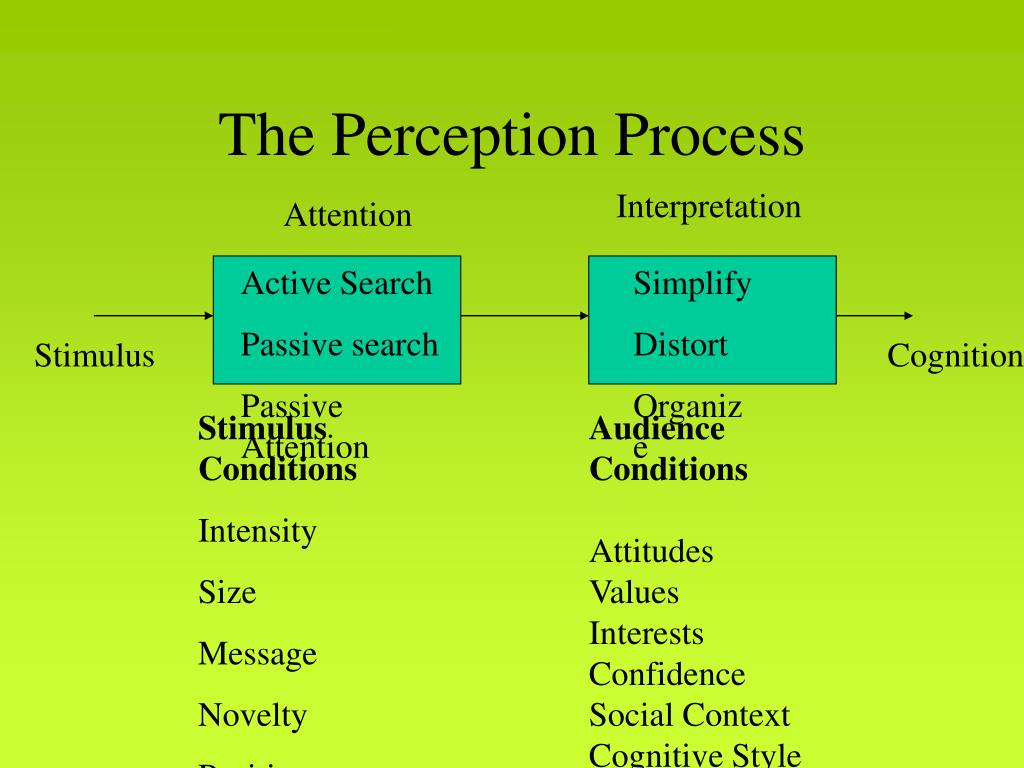

Thinking styles such as self-blame and rumination are two examples of psychological processes most commonly implicated across a wide range of mental health problems. There is a wealth of evidence that core processes such as reasoning ability, thinking styles, and behaviour are important in the development and maintenance of all mental health problems. Scholarly dispute is most evident in differing accounts of the role played by psychological factors. sexual, emotional, and physical abuse) have strong associations with mental health problems although, again, the precise mechanisms by which their influence accrues is not clear. poverty, unemployment, social exclusion) and a range of life events (e.g. There is also unequivocal evidence that environmental factors (e.g. However, the precise identity, nature, and function of the genes involved have yet to be identified and the effects on the brain have never been reliably demonstrated. These gene-environment interactions lead to observable biochemical, structural, and functional changes in the brain. abuse, neglect, social deprivation) factors. maternal stress, nutritional deficiency) as well as social (e.g.

Genetically transmitted biological factors act via complex epigenetic interactions between genes and environmental influences from conception into adulthood which include biological (e.g. behaviours, thoughts, and emotions) are implicated.įrom a biological perspective, mental health problems result from genetically transmitted physical abnormalities, along with the additive effects of negative life-events and environmental factors, which then subsequently affect psychological functioning. In particular, there is little agreement over how psychological processes (e.g. One critique of the biopsychosocial model is that it fails to clarify the nature of the interrelationships between each component in the model.
#PSYCHOLOGICAL PROCESSES PROFESSIONAL#
But the precise relationship between these variables is of theoretical importance and imperative for developing effective treatment, yet continues to remain a matter of pointed scientific and professional debate. It is universally accepted that biology, the environment, and adverse life events collectively cause mental problems.

This is despite widespread reference to the ‘biopsychosocial model’, which assumes that biological, social (environmental), circumstantial (life events), and psychological factors are all important in the aetiology of mental health problems. The origins and phenomenology of mental disorder have provoked debate amongst researchers and practitioners for decades. Mental health problems affect one person in every four, making them the leading cause of disability and costing an estimated $2,500 billion worldwide in 2010. However, these relationships were strongly mediated by psychological processes specifically lack of adaptive coping, rumination and self-blame. As hypothesised, a family history of mental health difficulties, social deprivation, and traumatic or abusive life-experiences all strongly predicted higher levels of anxiety and depression. The predictive path model was then tested whereby the latent variables of psychological processes were positioned as mediating between the causal latent variables (biological, social and circumstantial) and the outcome latent variables of mental health problems and well-being. An initial confirmatory factor analysis was performed to assess the adequacy of the proposed factor structure and the relationships between latent and measured variables. Participants were 32,827 (age 18–85 years) self-selected respondents from the general population who completed an open-access online battery of questionnaires hosted by the BBC.


 0 kommentar(er)
0 kommentar(er)
